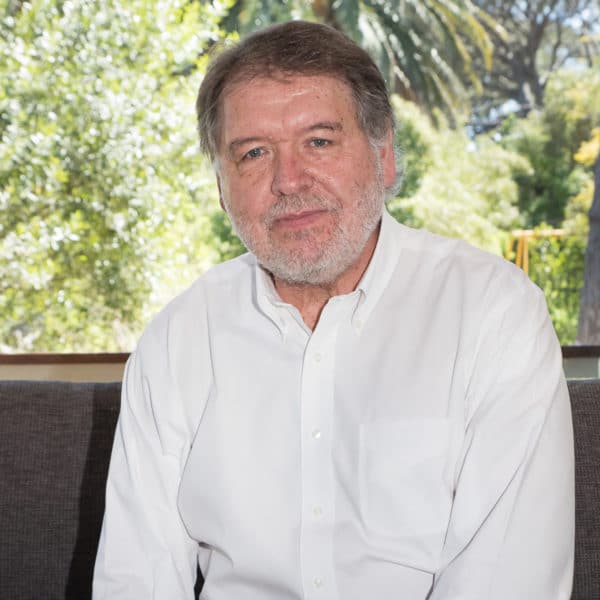Finding an African way of dealing with African urbanism: Complexity theory and systems thinking show how governments and people can work together to achieve something that neither could ever achieve alone.
The legacy of modernist planning and the garden city movement has imprinted its mark on how we plan, design and develop cities worldwide. It has never worked for Africa where social divides have got wider; where spatial structure places unfair pressures on urban life; and, where our limited responses make the urban poor even poorer. This research project, building on the work undertaken to date by Smart Urbanism [Massive Small], looks to harness the collective power of many small ideas and actions to build a better urban society for all. It will give a roadmap to show how our top-‐down systems can systematically evolve to facilitate greater bottom-up response to meet the needs of a rapidly urbanising population in an African context. Through practical case studies, developed in cooperation with the National Treasury’s City Support Team and UN-‐Habitat, it will show how Massive Small principles can be applied at national; metropolitan, city and town; and, neighbourhood scales. The Neighbourhood Enabling Model, developed by the applicant, will provide a set of starter conditions and practical tools to show how new thinking can be applied in a constrained fiscal, regulatory and urban governance environment.

